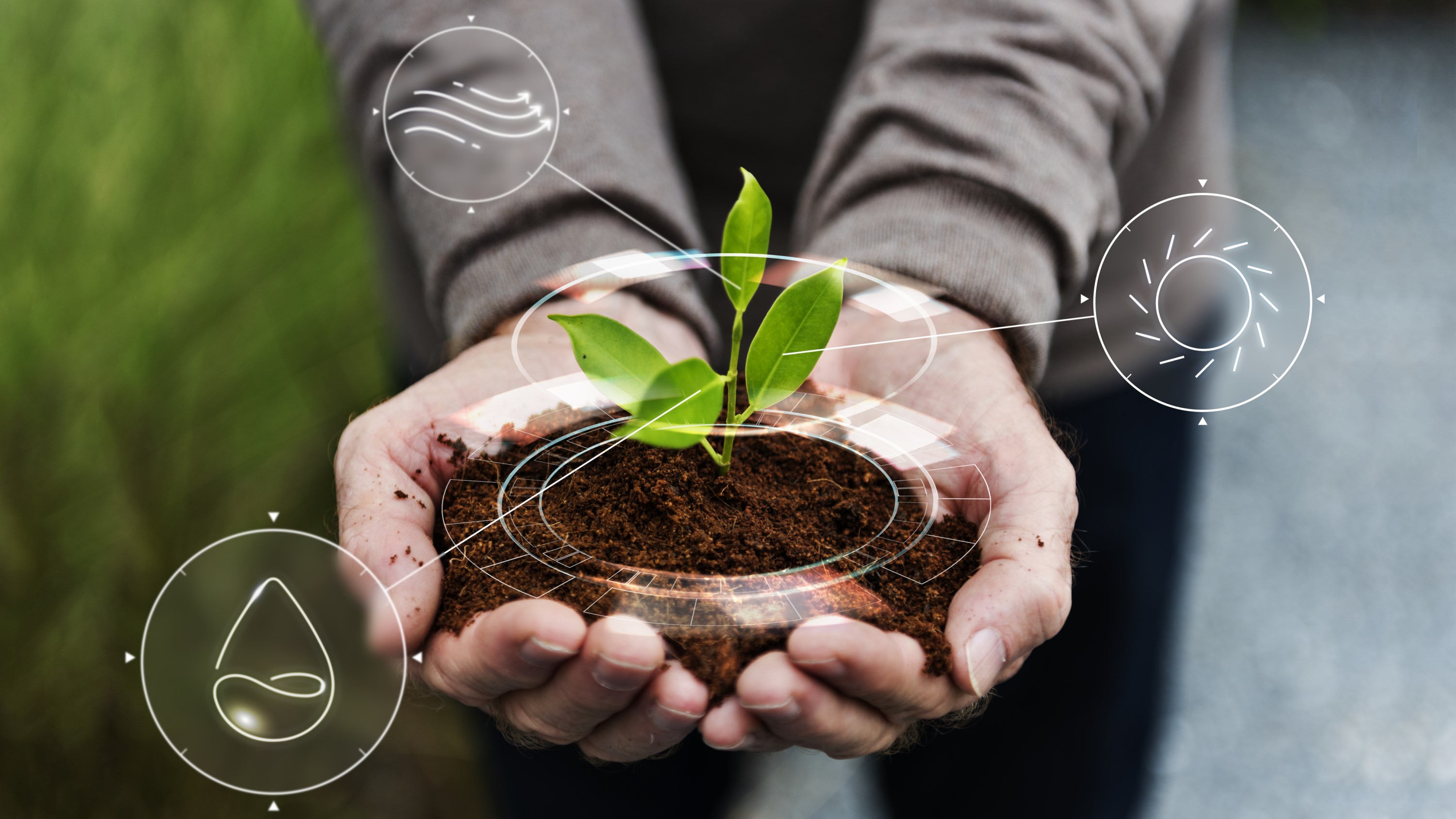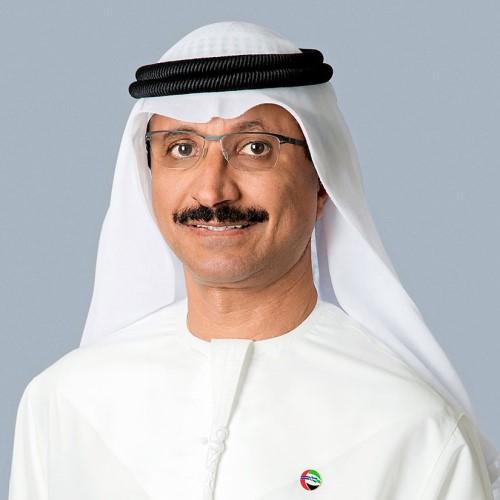The Importance of Building Institutional Capacity for a Sustainable Future
23 October 2023•
Recent decades have shown that global trade is a powerful force for good.
It has boosted productivity and living standards, tripling the size of the global economy and lifting 1.3 billion people around the world out of poverty. It is an enormous privilege that our operations contribute to this impact by making trade flow around the world, helping towards the equitable distribution of economic opportunity.
However, it is increasingly clear that this growth is not without consequences. One of the largest challenges we face — for our industry and many others — is the impact on the world around us. The scale of energy required to make, move — our oceans carry more than 80% of the global trade volume — and use goods is putting this ecosystem under significant strain. Climate change will also impact how trade flows, in a vicious cycle, making equitable economic development ever more difficult. This is deeply concerning.
Aiming for a Sustainable Future

Despite its challenges, we see climate change as an opportunity to drive global trade to a more sustainable future. As a leading global end-to-end smart supply chain company, it is our responsibility to contribute to the health of our planet and drive positive change for our industry. That is why we have committed to becoming a carbon neutral business by 2040 and set a clear roadmap to achieving net zero carbon emissions across our operations by 2050. We are also investing heavily in research and development to develop new technologies that can help us to reduce our environmental impact.
‘Our World, Our Future’ — is DP World’s Sustainability Strategy, which we have set at the heart of every aspect of our work, ensuring the creation of economic, environmental, and social value for future generations. This encompasses our commitments to net zero carbon and determination to facilitate a just transition — where emerging economies are not left behind.
The Changes Start Now
We are firm believers in building institutional capability and innovation, to ensure we’re providing meaningful long-term solutions to build resilience against the impact of climate change. Digitalisation is often at the centre of this, but a just transition is greening the economy in a way that is as fair and inclusive as possible to everyone concerned, creating decent work opportunities, and leaving no one behind. We’ve seen success in implementing this approach into our work.
For example, in Senegal, one of our programmes has seen local women trained as solar technicians. This has provided them with the tools to become business owners and organically generate growth in the local economy, while also allowing them to electrify more than 500 homes in their community.
Sustainable change requires greater collaboration across every layer of society, whether this is with the private sector for greater investment and resources, or with governments, NGOs, and coalitions to develop policies and regulations that support sustainable trade. We endeavour to form strategic partnerships that reflect our commitment to the world around us and that ensure the long-term health of global trade.
Together, with the right tools, technology, and partnership, I’m confident that we can enable smarter trade and build a better future for all.

%2Fuploads%2Fsustainable-intl-trade%2Fcover17.jpg&w=3840&q=75)